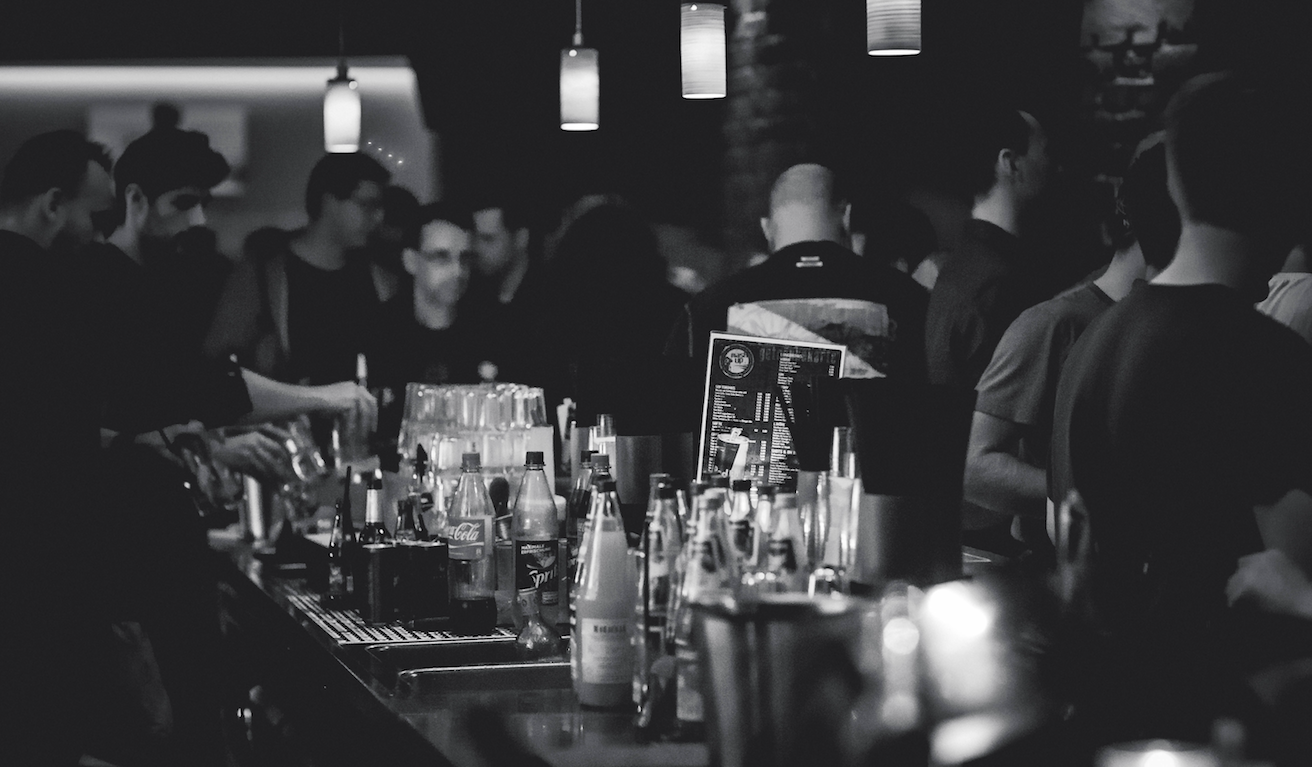Newcastle City recommends longer trading hours for low-risk venues, calls for updated research on lock-out laws

Longer trading hours for venues who are low-risk, new updated research on the effectiveness of its lock-out laws introduced almost ten years ago, compelling venues to have one employee whose job is to ensure that alcohol is being served responsibly, and requiring venues to have “more robust management plans” each year.
These are some of the 17 licensing recommendations that Newcastle City Council has made to the NSW Government’s review of local liquor licences.
They are listed on the Council’s website, and were unanimously endorsed by councillors earlier this week.
The submission was developed by a Council team including NCC Smart City Coordinator Dr Nathaniel Bavinton, whose PhD in urban sociology focused on the night-time economy of Newcastle.
It says that the current 1:30am lock-out and 3:30am shutdown should remain for all venues except for those designated as low impact – as a way of rewarding them for actively keeping their venues safe.
Dr Bavinton said central to the submission was a proposal to include additional classifications for premises that achieved and maintained “low impact” status.
“Importantly, we need laws that incentivise licenced venues to strive to make our CBD safer,” Dr Bavinton said.
“It’s Council’s view that venues who consistently demonstrate outstanding responsible service of alcohol should be allowed to trade longer than those that occasionally don’t.”
Council’s definition of “low impact” is a venue with a strong focus on noise management, responsible service of alcohol and a strong track record of no or very little drunken or violent behaviour.
“Importantly, we need laws that incentivise licenced venues to strive to make our CBD safer,” Dr Bavinton said.
“It’s Council’s view that venues who consistently demonstrate outstanding responsible service of alcohol should be allowed to trade longer than those that occasionally don’t.”
Dr Bavinton explained that the aim of Newcastle’s night-time economy strategy – due to be released in March – is to create a more diverse range of venues later in the night.
Liquor licence trading hours – including existing lock-out and shutdown laws – are determined by Liquor & Gaming NSW.
“We need to be able to reward venues that consistently demonstrate sound and effective alcohol-related management policies and practices,” Dr Bavinton added.
“The aim of our night-time economy strategy is to create a more diverse range of venues later into the night.”
The lockouts, dubbed The Newcastle solution, were introduced in 2008 as a result of a large amount of violence in the CBD.
It was estimated 20,000 young people were every weekend in the CBD and able to drink until 5am uninterrupted.
A 2011 study into its impact found that violence fell 37% since.
The Newcastle Solution is used as a successful example by those in other cities where lobbyists are calling for lock-outs.
Lord Mayor Nuatali Nelmes said Newcastle had changed significantly since 2008.
Since then, there’s been a boom in venues, and Newcastle’s nighttime economy is now $1.4 billion a year and employs over 12,000 workers.
“We need laws that reflect the evolution of that night-time economy, which has been led by strong growth in smaller night-time venues attracting a more sophisticated, responsible crowd,” Councillor Nelmes said.
“This is about achieving a balance between controlling alcohol-related incidents and stimulating the kind of city life after-dark that attracts broader participation and investment in Newcastle.”
It is believed that the Australian Hotels Association’s NSW chapter had been lobbying for changes in the liquor laws, and of watering down some of the lockout clauses.
Last November, its Director of Liquor and Policing John Green travelled through regional parts of the state to meet with local hoteliers and venue owners about the issues that concern them.
The AHA wants venues to be able to apply to be exempt from lockout laws.
Earlier this week, TMN reported that a grassroots movement had begun with musicians and fans after former Screaming Jets guitarist Grant Walmsley and Wickham Park Hotel owner Marcus Wright went public that Newcastle venues were heading to a “crisis” because of noise complaints.
As a result, a roundtable is being held on February 2 and a push to set up a live music taskforce.


































